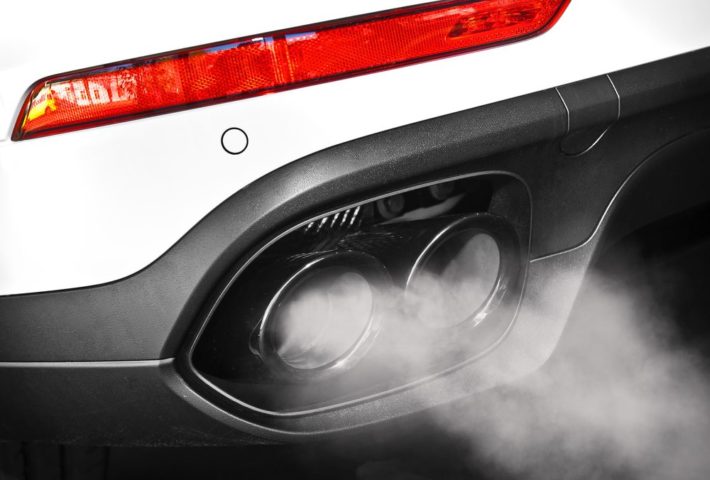In the last few weeks, over 12,000 of the public have emailed DEFRA calling on the Minister to not be pressurised by emotive unsubstantiated health data and rashly decide to tax UK’s drivers and businesses.
In the same period 25,632 of the public took part in the largest survey of opinion regarding solutions they believe will be more effective in reducing emissions and improving air quality in our cities. See headline findings below these quotes. FairFuelUK will deliver a letter and the poll results to DEFRA in the coming week.
Julian Knight, Tory MP for Solihull, Chair of the APPG for Fair Fuel for Motorists and Hauliers said: “Drivers were told for years that diesel was the environmentally-conscious choice. As an MP for a car-making town I’m very shocked that some manufacturers mislead customers and regulators on emissions – but the Government’s response must not punish motorists who acted in good faith and on the advice of Tony Blair’s ministers. The huge FairFuelUK poll shows that the public overwhelmingly agrees that we should focus on practical solutions, not punitive taxes.”
Robert Halfon MP for Harlow, Vice Chair of the APPG for Fair Fuel for Motorists and Hauliers and Chair of Education Select Committee added: “Why should hard pressed motorists bear the burden for mistakes made by Gordon Brown and his Government. Instead diesel car owners should be given tax breaks to replace their vehicles. Too often motorists are the easy target for tax raising enthusiasts. Enough is enough.”
Quentin Willson, Lead spokesman for FairFuelUK concluded : “To arrive at this time figure of premature loss of life of between half-a-day and 3.5 hours directly attributable to NOx pollution all I’ve done here is look at the tables in the EEA report and check the numbers. The 40,000 figure that’s now widely reported, broadly unquestioned, across the media is because of use of the word premature and if we’re not careful this misunderstanding of the actual facts of NOx pollution will cost us trillions in transport policy and legislation changes and improve our life expectancy by only a relatively tiny amount of time. We absolutely need to clean our air but we need to apply real numbers and real science to this debate. We’ve taken a badly phrased headline figure from an official report and allowed it to terrify millions of consumers. If we can’t even accurately understand the numbers what hope have we to really improve our air quality? Bad science won’t help us clean our air.”


